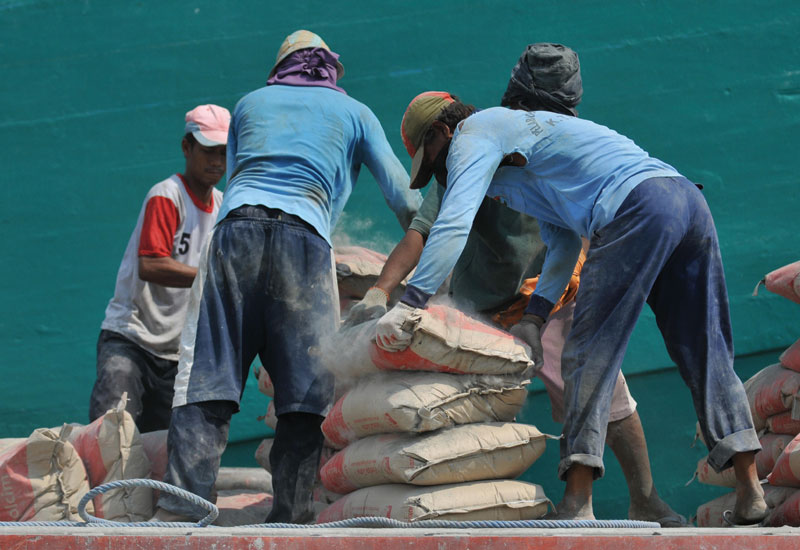Central banks across the world are the first line of defence against the ongoing coronavirus (COVID-19) pandemic, said Tobias Adrian, of the International Monetary Fund (IMF) on Tuesday.
Adrian, a Financial Counsellor and Director of the Monetary and Capital Markets Department at the IMF made the statement during a press conference to launch the Global Financial Stability (GFS) report.
Central banks have significantly eased monetary policy by cutting policy rates, in the case of advanced economies to historic lows, Adrian said. He added that half of the central banks in emerging markets and lower income countries have also cut policy rates.
The effects of these rate cuts will be reinforced through the central banks’ guidance on the future path of monetary policy and expanded asset purchase programmes, he added.
Central banks have also provided additional liquidity to the financial system, including through open market operations, he said. A number of central banks have agreed to enhance the provision of US dollar liquidity through swap line arrangements.
At the same time, they have reactivated programmes used during the 2008 global financial crisis in addition to launching a range of new broad-based programmes. These include purchasing riskier assets such as corporate bonds, he added.
Central banks are ensuring that households and firms continue to have access to credit at an affordable price.
Adrian added, “To date, central banks have announced plans to expand their provision of liquidity, including through loans and asset purchases, by at least $6tn, and have indicated a readiness to do more if conditions warrant.”
As a result of these actions to contain the fallout from the pandemic, investor sentiment has stabilised in recent weeks, he said. Strains in some markets have abated somewhat and risk asset prices have recovered a portion of their earlier declines.
Sentiment continues to be fragile, however, and global financial conditions remain much tighter compared to the beginning of the year, Adrian said said.




